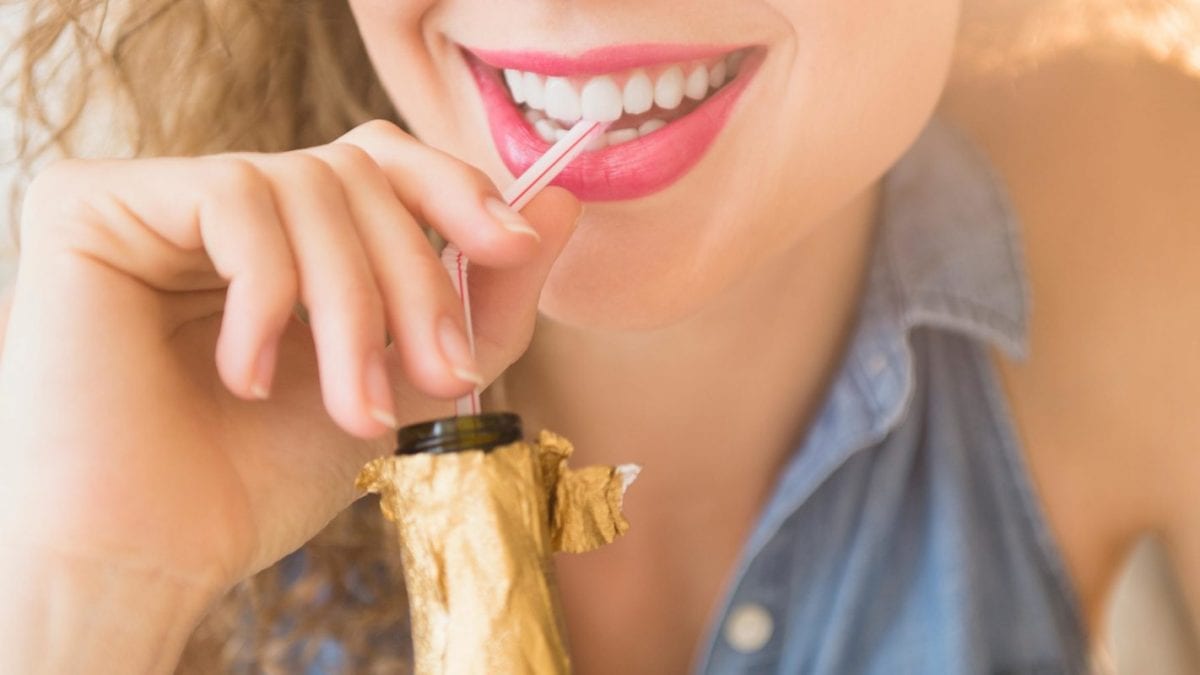There’s nothing to beat the heat like a nice cold fruit slushy you’ve wanted to swig down on. But just then, you felt a sudden sharp pain emanating from your teeth. Or perhaps you’ve wanted to wake yourself up with a cup of fresh warm espresso but can’t seem to sip it down due to that intense jolt you feel when it enters your mouth due to tooth sensitivity.
I share in your pain because I’ve been through it myself. Whether it involved eating my favorite ice-cream or taking a simple sip of my favorite tea, I couldn’t bear the thought about not being able to satisfy my hunger with some of the best things I love to eat. It frustrated me to the point where I thought the world was about to end.
Rest assured, what you’re experiencing is a common phenomenon and can be dealt with as long as you determine the cause of its pain, which is where my article comes in. I have enlisted some of the common toothache causes and effective solutions to get you past the agonizing torture you’re feeling between your gums and have you peacefully enjoying your food and drinks once again.
Causes of Sensitivity
The pain in your teeth depends on a number of oral health issues. These are some of the likely causes that may help you and your dentist better understand your agony a lot better and address it more efficiently.
1. Cavities
Fissures can expose your sensitive nerves within the pulp of your teeth, which can be the result of cavities, whether big or small. As a matter of fact, displaying sensitivity to hot or cold foods and drinks is usually a likely indication that cavity may be forming. You should therefore take this is as a sign to book an appointment with your dentist like I would do.
Be advised however, fillings that are meant to repair your cavities could eventually get loose and fall out, evidently causing hypersensitivity in the place where you cavity used to be.
2. Enamel Erosion
Human teeth are typically guarded by enamel against hot, cold or sticky items. But when the enamel starts to wear down, it can cause decay and expose your teeth sensitive nerves. The enamel can become weaker due to old age, acid reflux disease or a sugary or acidic diet.
3. Receding Gums
Underneath the enamel, the teeth are coated with another layer of material called dentin, which is actually more sensitive and contains small tubes that can make your teeth even more vulnerable to sensitivity. When your gums recede, the dentin is exposed and therefore causes pain. Also, receding gums are a side-effect of gingivitis or gum disease.
4. Improper Brushing
Please check if you’re not vigorously brushing your teeth with a hard-bristled toothbrush as it can weaken your gums, expose your dentin and make your teeth sensitive.
5. Bruxism
The grinding of teeth is a seriously hazardous act for your teeth because the friction can damage your enamel which then exposes your inner dentin and make it tougher for you to enjoy your cold or hot beverages.
6. Bad Eating Habits
Take care not to eat food with high acidic content as it can wear your enamel out and, well, you get the rest.
So now that we’ve covered just about every source of teeth sensitivity out there, let’s take a look at what you can do to quell your woes.
Get Treatment
For the time being, the dentist is going to be your best friend in helping you deal with your teeth sensitivity. The dentist may suggest fluoride varnishes, root canal, or desensitizing gels to block the nerves that cause sensitivity. Be sure to follow-up with them to ensure that no further complications come out of it.
If you have to eventually get root canal, don’t worry then because modern-day procedure will easily clean out the infection from your tooth and the tooth will be filled with a material known as gutta-percha before being capped off.
Maintain Proper Oral Hygiene
If I were you, I’d use a softer bristled toothbrush or even an electric toothbrush to ease the pain. You can also use a floss to clean those corners of your mouth where the brush cannot reach. Once you’re done with the brushing, use a non-alcoholic mouthwash with fluoride as it is made specifically to reduce sensitivity. You can also gargle as an alternative to brushing.
Drink Appropriate Amounts of Water
You should drink at least 4 liters of water daily, especially after eating since it will help you wash away any plaque that sticks to your teeth, which would have otherwise caused you sensitivity or pain.
Conclusion
So with all that being said and done with, I hope you are able to have a clearer understanding about toothaches and what you need to do to deal with them.
Author Bio
Hamza Shahzad is a freelance writer, experienced blogger. Currently, He’s working with dentaldorks.com. Furthermore, Hamza assists in the business creation and control social media content planning.








